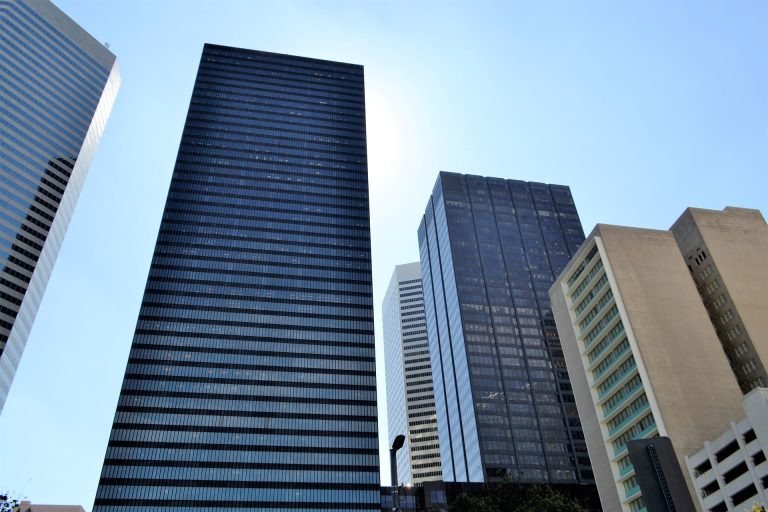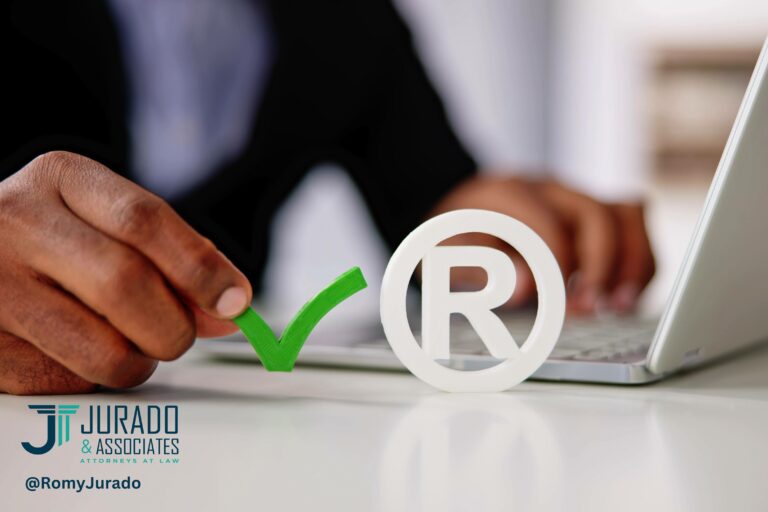Mold inspections are fundamental to reveal leaks and other potential occurrences of moisture in a property, allowing the owner to solve the existing issues and avoid costly damage before it is too late.
In this article, you will find the primary elements of mold inspector license defense in Florida.
What is a Mold Inspector in Florida? – As Provided by Law
Mold assessment is the “process performed by a mold assessor that includes the physical sampling and detailed evaluation of data obtained from a building history and inspection to formulate an initial hypothesis about the origin, identity, location, and extent of amplification of mold growth of greater than 10 square feet.” (Fl. Sta. §468.8411 (3))
A mold inspector is a person who performs or directly supervises a mold assessment. Please note that a mold inspector is not necessarily a “mold remediator,” who is responsible for the “removal, cleaning, sanitizing, demolition, or other treatment of mold or mold-contaminated matter of greater than 10 square feet that was not purposely grown at that location.”
Florida Mold Inspector License – The Essentials
Under Florida, it is illegal to perform mold assessments without a valid license. Implemented to protect state citizens, mold inspectors must obtain a valid Florida State Assessor License with the Department of Business and Professional Regulations (DBPR).
To qualify for a mold inspector license, applicants must have the required education and show at least four years of documented experience in microbial sampling or investigations. Part of the elementary evidence includes documented instruction in mold, water, and respiratory protection.
The success of an application does not depend only on technical aspects, as the DBPR requires applicants to demonstrate good moral character. Another crucial aspect is having proper insurance coverage of at least $1 million, encompassing general liability, errors, and omissions.
The DBPR is responsible for licensing at the individual and institutional levels, as mold inspection companies must also be licensed to employ mold inspectors.
Florida Mold Inspector License Defense – Why You Should Work with an Expert Licensing Attorney
Under Florida Statutes Florida Statutes §468.842 (2), any mold assessor found guilty of any of the applicable statutory grounds may be subject to penalties with the DBPR, including:
- “Denial of an application for licensure
- Revocation or suspension of a license
- Imposition of an administrative fine not to exceed $5,000 for each count or separate offense
- Issuance of a reprimand
- Placement of the mold assessor or mold remediator on probation for a period of time and subject to such conditions as the department may specify
- Restriction of the authorized scope of practice by the mold assessor or mold remediator”
The list of grounds that can jeopardize a licensee’s career includes filing a knowingly false report, willfully failing to file a mandatory report, advertising goods or services in a fraudulent, false, deceptive, or misleading manner, and several other actions.
Answering a complaint filed against a mold inspector license with the DBPR requires a strategic approach, which cannot be attained without the superior legal expertise of a seasoned licensing attorney.
Protect Your Mold Inspector License in Florida – Immediately Seek Expert Legal Guidance
Waste no time with uncertainty. Contact Attorney Romy B. Jurado today by calling (305) 921-0976 or emailing [email protected] to find the best license protection strategy for your case.






